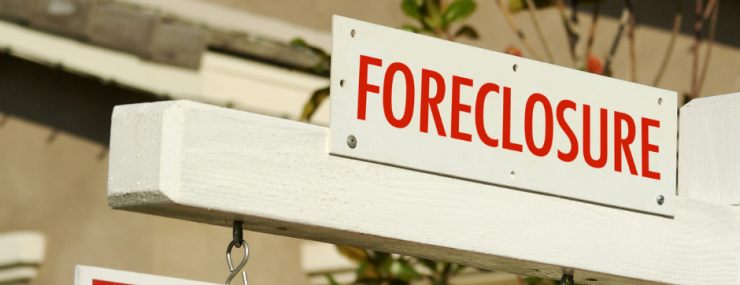
Considering a Foreclosed Property? Turn to a Pro
For more information about how to navigate the market for foreclosed and REO property, call on Seagroves Realty Agents for the insights you need.

What’s an REO?
“REO” means Real Estate Owned. These are properties that have been foreclosed upon and are now owned by the bank or mortgage company. This is not the same as real estate up for foreclosure auction. Seagroves Realty has the experience to share available foreclosures and bank-owned properties in Durham and the surrounding areas.
When buying a property during a foreclosure sale, you must pay at least the loan balance plus any interest and other fees amassed during the foreclosure process. The buyer must also be ready to pay with cash in hand. To top everything off, you’ll accept the property 100% as is. That could comprise of current liens and even current occupants that need to be put out.
A bank-owned property, on the other hand, is a more tidy and attractive option. The REO property didn’t find a buyer during the foreclosure auction. The lender now owns it. The bank will see to the removal of tax liens, evict occupants if needed, and generally plan for the issuance of a title insurance policy to the buyer at closing.
Take notice that REOs may be exempt from standard disclosure requirements. For example, in Texas, it is optional for foreclosures to have a Property Disclosure Statement, a document that usually requires sellers to make known any defects they are knowledgeable of. By hiring Seagroves Realty, you can rest assured knowing all parties are fulfilling North Carolina state disclosure requirements.
Is REO property in Durham a bargain?
It’s sometimes presumed that any REO must be a good deal and a possibility for easy money. This isn’t always true. You have to be prudent about buying a repossession if your intent is to profit from the sale. Even though the bank is often anxious to offload it soon, they are also motivated to minimize any losses.
When contemplating the value of REO property, you need to look closely at comparable sales in the neighborhood and be sure to take into account the time and cost of any repairs or remodeling needed to prepare the house for resale. It is possible to find REOs with money-making potential, and many people do very well flipping foreclosures. However, there are also many REOs that are not good buys and may not be moneymakers.
Time to make an offer?
Most banks have a department dedicated to REO that you’ll work with when buying REO property from them. Typically the REO department will use a listing agent to get their REO properties listed on the local MLS.
Prior to making your offer, you’ll want to contact either the listing agent or REO department at the bank and find out as much as you can about what they know about the condition of the property and what their process is for receiving offers. Since banks typically sell REO properties “as is”, it may be in your best interest to include an inspection contingency in your offer that gives you time to check for hidden damage and cancel the offer if you find it. If, as a buyer, you can provide documentation showing your ability to pay, such as a pre-approval letter from a lender, your offer will be more attractive and likely be accepted. (This goes for any type of real estate offer.)
After you’ve presented your offer, you can expect the bank to respond with a counteroffer. At this point, it will be your decision whether to accept their counter or submit another counter offer. Your deal could be final in a single day, but that’s usually not the case. Since offers and counter offers usually give the other party a day or longer to respond (and employees at a bank don’t work nights or weekends) you could be looking at a week or longer. Seagroves Realty is accustomed to these situations and will work to ensure there are no undue delays.
Are you looking to buy a house? Let us help you. Just fill out as much of the information below that you want and we’ll get right back to you, with no obligation to you. We guarantee your privacy.
